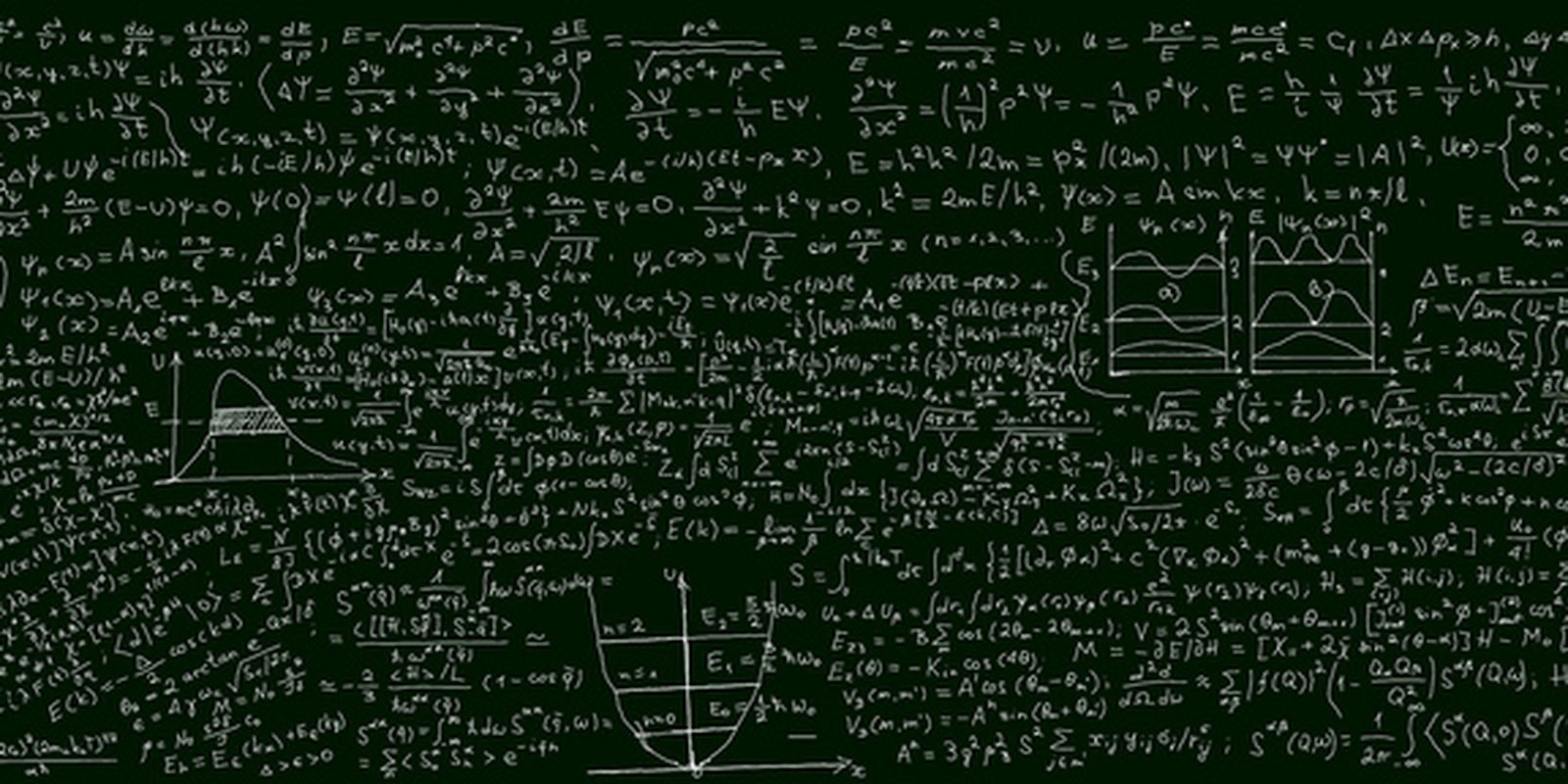It’s a new year, which means a it’s time for a new revelation from National Security Agency leaker Edward Snowden.
This time, documents revealed by Snowden show that the NSA is devoting significant resources toward the creation of a quantum computer—a theoretical device that, if achieved, could give the NSA the ability to bypass virtually every type of encryption currently in existence.
The NSA isn’t the only group after such a lofty goal. Multiple researchers, agencies and institutions have chased the pipedream of quantum computing since the early 1980s. But with the NSA’s obsessive quest for personal data still ongoing, the idea of a machine that would allow the agency to access virtually any encrypted data at exponentially faster speeds should give Internet users a reason to take notice.
Quantum computing has been proposed as an alternative to traditional binary computing, which relies on bits of information coded as either 1 or 0. But quantum computing would take advantage of a Qubit—a unit of information that can simultaneously be read as 1 and 0. The result would mean remarkably faster and accurate computations as a quantum computer would be capable of bypassing many of the rudimentary calculations that binary computers must solve.
But despite spending $80 million on the initiative, dubbed “Penetrating Hard Targets,” experts say there is no evidence to suggest the NSA is any closer to cracking the secret to quantum computing than any other research group.
“It seems improbable that the NSA could be that far ahead of the open world without anybody knowing it,” said Scott Aaronson, an associate professor of electrical engineering and computer science at the MIT, speaking to the Washington Post.
Though researchers have long grasped the idea of quantum computing (based on a fundamental tenet of quantum mechanical theory that allows objects to exist in all states simultaneously), actually building a machine around this idea has proven difficult.
According to the Post:
Quantum computing is difficult to attain because of the fragile nature of such computers. In theory, the building blocks of such a computer might include individual atoms, photons or electrons. To maintain the quantum nature of the computer, these particles would need to be carefully isolated from their external environments.
It’s a seemingly impossible proposal, but progress is being made. Just last year, researchers from Yale announced they had unlocked the ability to observe a Qubit while also preserving its integrity—a key development in building a computer based on this phenomenon.
Photo by kodozan/Flickr


